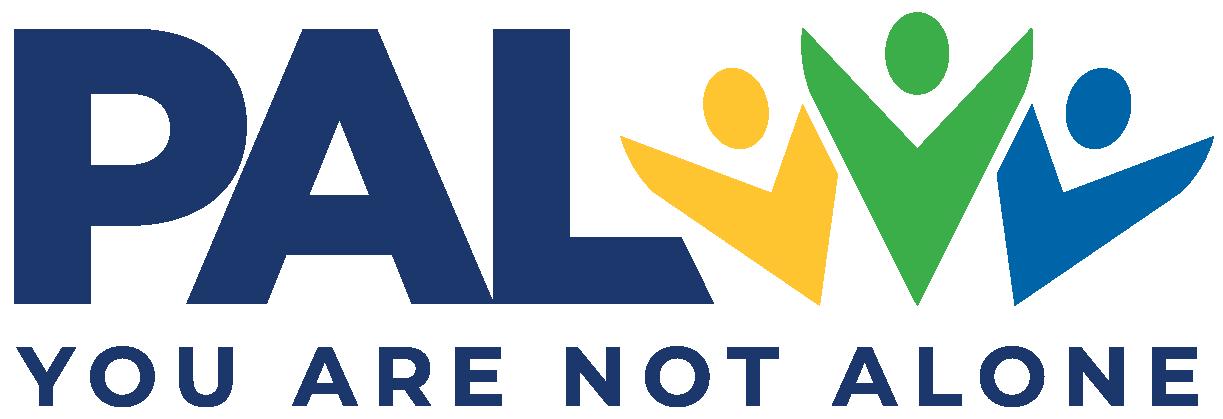
There are some concepts in the field of addiction and recovery that have become outdated with time. For example, the consensus decades ago was that the only true path to recovery from addiction were 12-Step fellowships (like Alcoholics Anonymous). We now know that this is not the case: while data absolutely supports that 12-Step fellowships are effective programs for recovery, research supports other methods, as well. Cognitive-behavioral and mindfulness-based approaches, for example, have strong data supporting them. Finding a good fit between a person and a recovery program is most important: any valid program can work if someone commits and works it consistently.
However, the flip side of this idea is that not all new concepts are helpful – some are unproven, and even lead people towards harm. I’d like to address one of these concepts in the column today: the theory of “California Sober” as a recovery strategy.
If you haven’t heard of it before, the term “California Sober” refers to the practice of giving up “harder” drugs like cocaine, methamphetamines, or opioids, but still using “softer” drugs like alcohol and marijuana.
As an addiction treatment professional, I have major concerns about the popularizing “California Sober,” both from a harm reduction and abstinence-based lens. Here are the most troubling aspects:
- Practicing “California Sober” simply doesn’t reliably work for keeping people from using their primary substances of concern.
The theory of “California Sober” is that someone is giving up one drug and then using another (ostensibly less harmful) one instead. However, the problem is that data (which is from reality, rather than from theory) indicates it simply doesn’t work. As an example, here is one recent study that found that marijuana use lowers the chance of staying sober from alcohol and other drugs. Here’s another indicating that it doesn’t help people staying abstinent from opioids. Virtually all studies I am aware of indicate that getting drunk on alcohol or high on marijuana does not help someone stay away from using other drugs and can also increase the chance that they will end up using those drugs.
- If someone is drinking alcohol and/or smoking marijuana to cope with problems, they are not developing healthy and sustainable emotional coping strategies.
One of the main hallmarks of addiction is that intoxication is used as a “solution” for coping with daily stressors and emotional problems, leading to daily (and escalating) patterns of use. If you switch out one addictive drug for another addictive drug without changing use patterns, there’s a good chance you’ll end up following a similar path and developing a second addiction. Learning to manage daily stress without addictive substances is critical to both harm reduction and to recovery.
- When you are intoxicated your judgement is impaired, which can lead to difficulty resisting cravings for other drugs.
Staying sober from an addictive substance is challenging when you’re fully in your right mind. But it becomes even more difficult when your judgement is impaired, much less if you’re also engaging in the same, familiar behavioral patterns with the new drug as you were with the old one (e.g., becoming intoxicated to cope with strong feelings or to socialize).
- “California Sober” minimizes the significant health risks of alcohol and marijuana.
Classifying alcohol and marijuana “soft” creates a perception of low risk when the reality is that both are addictive substances that can be very detrimental to health (particularly for young people). Alcohol is responsible for nearly 180,000 deaths annually in the United States and can have a negative impact on numerous organ systems throughout the body. Marijuana is related to numerous mental health concerns, cardiac problems, and can permanently change a young person’s cognitive development. While it’s true that neither have the same risk for overdose as fentanyl, this is true for virtually all known recreational substances. It’s actively harmful when public perception of health risks are inaccurate or minimized.
It’s time to retire the term “California Sober.” Giving it a formal name lends an undeserved sense of legitimacy: while it’s possible that the practice may be useful for some, data indicate it’s unhelpful or counterproductive for most. If you know someone who is trying to reduce harm from substance use or take steps towards sobriety, I’d strongly recommend using a different approach.
Take care and be well,
Aaron Weiner, PhD
Licensed Clinical Psychologist
Master Addiction Counselor
Dr. Aaron Weiner is a licensed clinical psychologist, past president of the Society of Addiction Psychology, board-Certified in Counseling Psychology and is a master addiction counselor. You can hear more from Dr. Weiner at the Power of Hope Conference on October 5, 2024. weinerphd.com
